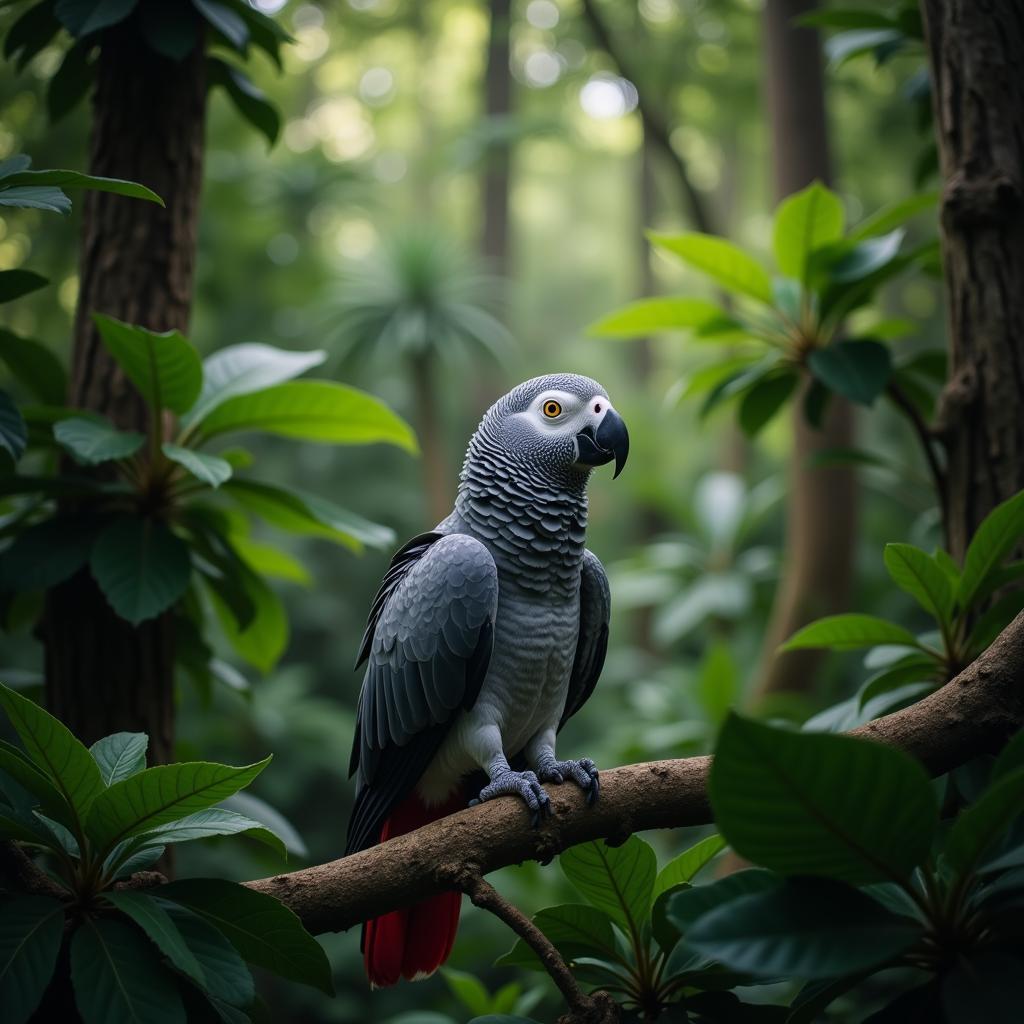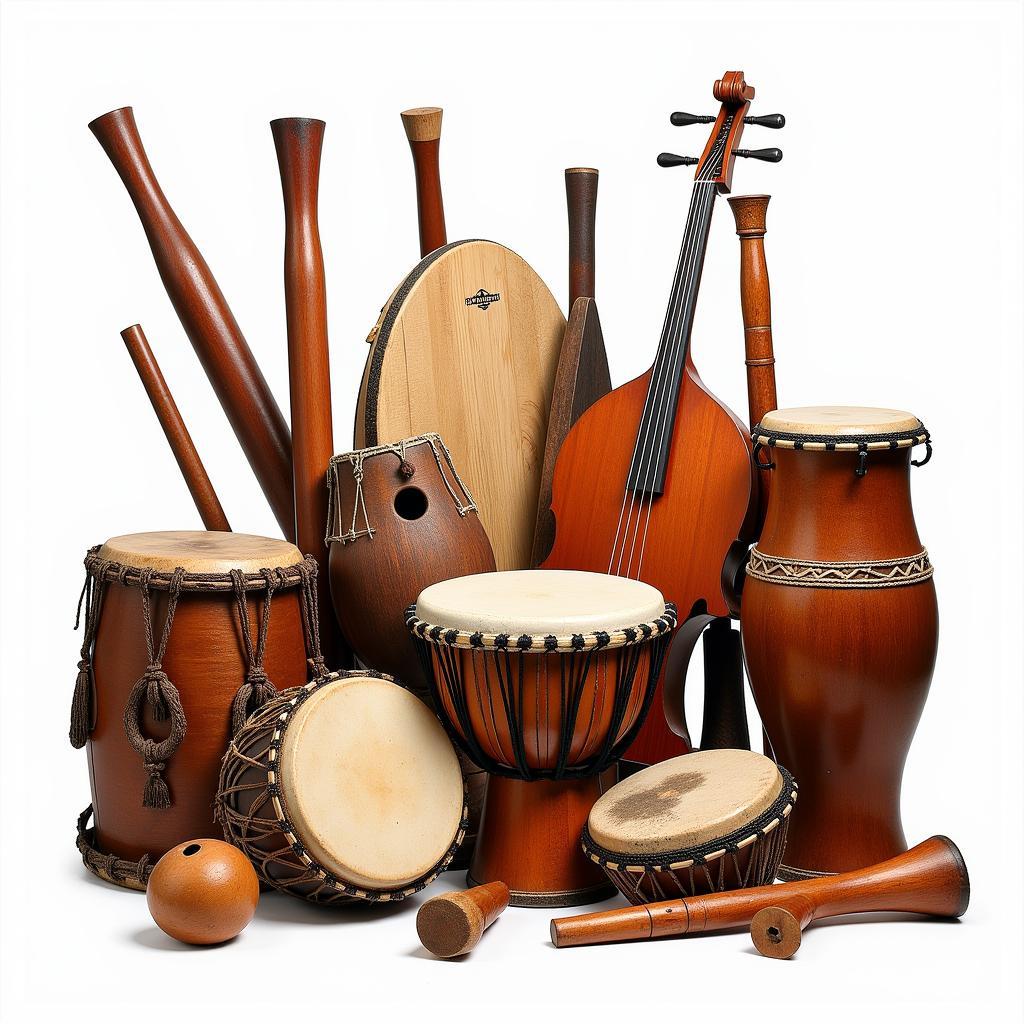Delve into the Enchanting World of African Mythology
The vibrant tapestry of African culture is intricately woven with rich, captivating myths and legends, passed down through generations, shaping the worldview and identity of diverse communities across the continent. African Mythology, a treasure trove of fascinating tales, offers a glimpse into the beliefs, values, and societal structures of ancient African civilizations.
A Universe of Gods, Spirits, and Ancestors
African mythology encompasses a wide spectrum of beliefs, stories, and rituals, often centered around the worship of deities, spirits, and ancestors. Each culture holds its own unique pantheon of gods, each with their specific attributes, roles, and stories. These deities, often representing natural phenomena like the sun, moon, rain, or earth, played a crucial role in shaping the daily lives and destinies of the people.
Exploring the Diverse Myths Across Africa
From the ancient Egyptians who worshipped powerful gods like Ra and Osiris to the Yoruba people of West Africa with their intricate pantheon including the trickster god Eshu, the diverse myths across the continent reflect the unique cultural identities and historical experiences of different communities.
1. The Creation Myths of Africa:
One of the most fascinating aspects of African mythology is the origin stories that explain the creation of the universe and humanity. These creation myths often involve powerful deities, supernatural beings, and cosmic events, providing a framework for understanding the world and its inhabitants.
For instance, the Dogon people of Mali believe that the universe was created by a supreme being called Amma, who shaped the earth from a primordial egg. Similarly, the Yoruba creation myth centers around the god Olorun, who sent his son, Obatala, to create the earth and mold human beings from clay.
2. Animal Tales and Metaphors:
Animals play a prominent role in many African myths, often embodying specific characteristics, virtues, or vices. These animal tales serve as allegories, conveying moral lessons, social values, and cultural norms.
In many African cultures, the lion is revered as the king of the jungle, representing strength, courage, and leadership. The hyena, known for its scavenging nature, symbolizes trickery and cunning. These animal metaphors offer a rich tapestry of cultural symbolism and provide insights into the worldview of the people.
3. The Importance of Ancestors:
Ancestors hold a revered position in many African cultures, believed to have a powerful influence on the living. They are seen as protectors, guides, and intermediaries between the spiritual and physical realms.
The veneration of ancestors is often manifested through rituals, ceremonies, and offerings. In many communities, ancestral spirits are consulted for guidance, protection, and healing.
The Enduring Legacy of African Mythology
The enduring legacy of African mythology is evident in the art, music, literature, and daily life of communities across the continent. From the intricate carvings and masks representing deities and mythical beings to the captivating rhythms and storytelling of traditional music, African mythology continues to inspire and shape the cultural landscape.
Insights from Expert: Dr. Amina Diallo, Professor of African Studies
“African mythology is not just a collection of stories, but a living tradition that continues to shape the way we think, behave, and understand our place in the world. It teaches us about our history, our values, and our interconnectedness with the natural world.”
Beyond the Myths: Exploring the Cultural Impact
Understanding African mythology provides a valuable window into the cultural tapestry of the continent. These stories not only offer insights into the beliefs and values of different communities but also reveal a deep understanding of the natural world, human nature, and the forces that shape our lives.
By delving into the realm of African mythology, we gain a deeper appreciation for the richness and complexity of African culture, fostering a greater understanding and respect for its diverse heritage.
Frequently Asked Questions
1. What are some of the most popular African deities?
Popular African deities include Ra (Egypt), Obatala (Yoruba), Anansi (Akan), and Mbombe (Congo).
2. How does African mythology influence contemporary African culture?
African mythology continues to influence contemporary African culture through its presence in art, music, literature, and even modern-day rituals and ceremonies.
3. What are some resources for learning more about African mythology?
There are many resources available for learning more about African mythology, including books, documentaries, online articles, and museums dedicated to African art and culture.
4. What are some of the key themes found in African myths?
Key themes in African myths often include creation, ancestry, morality, nature, and the relationship between the spiritual and physical realms.
5. Is African mythology still relevant today?
African mythology remains relevant today as it continues to provide insights into the values, beliefs, and perspectives of African cultures, fostering a sense of identity and connection across generations.
6. What are some of the challenges faced in preserving African mythology?
Preserving African mythology faces challenges such as globalization, modernization, and the potential for cultural assimilation.
7. How can we support the preservation and understanding of African mythology?
We can support the preservation of African mythology through research, education, cultural exchange programs, and the creation of accessible resources for learning and engaging with this rich tradition.

